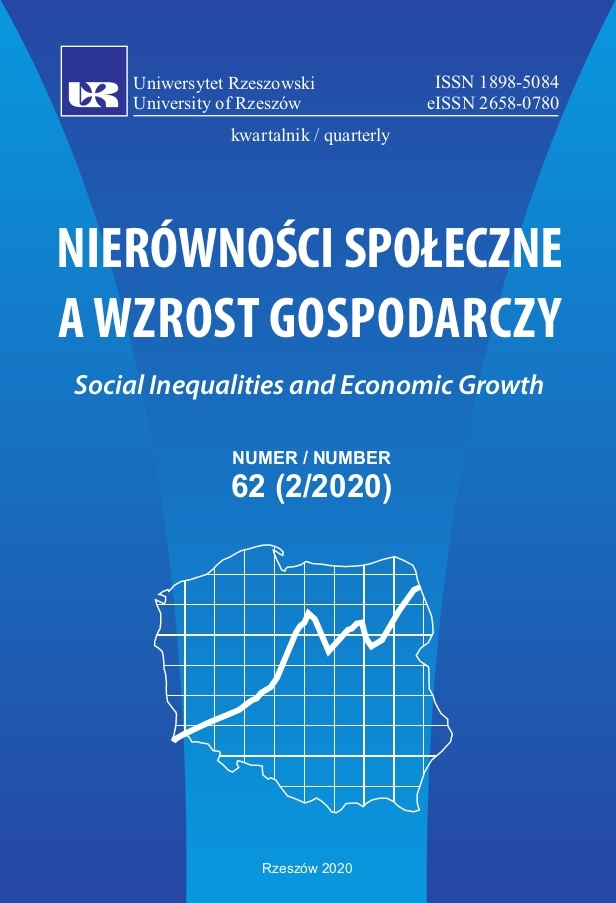The process of successful aging in rural areas – an analysis of the phenomenonin south-eastern Poland
DOI:
https://doi.org/10.15584/nsawg.2020.2.9Keywords:
aging theories, successful aging, rural areas, elderly peopleAbstract
In Poland, the aging process of the population is noticeably slower than in other European countries. The aging of Polish society concerns both municipal and rural areas. However, this process varies between these environments, both in terms of the pace and the scale of the problem. However, it is particularly significant that the forecasts indicate that rural areas will remain “younger” than urban areas in the future. The aim of the present paper was to attempt to answer the question whether the situation of elderly people from the rural areas of south-eastern Poland fit the concepts of successful aging. The paper is based on the results of a study conducted in 2017 among a group of 150 people aged 60+, living in the districts of Myślenice and Nowy Targ. On this basis, it is possible to state that the respondents are rather happy with their contacts with the environment, and express a moderately high degree of satisfaction with their health condition, are not very professionally active, and notice high shortages on the Polish market in terms of services and products aimed especially at elderly people. Thus we may assume that the subjective quality of the life of the respondents in the villages of the Małopolskie province is at an average level and that it creates the possibility of drawing conclusions on the moderate course of the process of successful aging in this environment.Downloads
Download data is not yet available.
Downloads
Published
2020-11-04
How to Cite
Janigová, E., & Kowalska, M. (2020). The process of successful aging in rural areas – an analysis of the phenomenonin south-eastern Poland. Social Inequalities and Economic Growth, 2(62), 139–149. https://doi.org/10.15584/nsawg.2020.2.9
Issue
Section
Articles
License
Copyright (c) 2020 University of Rzeszow

This work is licensed under a Creative Commons Attribution-ShareAlike 4.0 International License.


